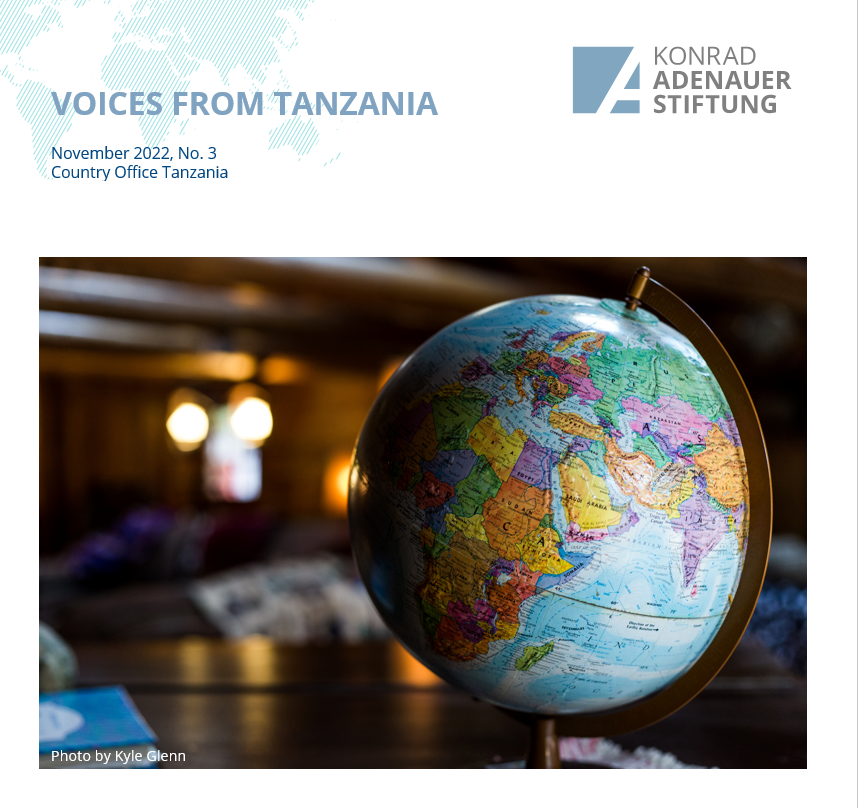In spring 2021, the whole world observed the first Russian troops marched along the Ukrainian border. This action triggered the conflict between Russia and Ukraine, which has been simmering since 2014 and extends far beyond the borders of the former Soviet states. (Hamburg Statista, 2022) At that time, Russia denied any plans to attack and the accusation of being more active than usual in the border region between Russia and Ukraine.
In December 2021, Russia published a draft called “security agreement” with the US and NATO. It claimed the withdrawal of all NATO troops from the Eastern European countries that have joined since 1999, as well a halt on the admission of the successor states of the Soviet Union, which was dissolved in 1991. The US and other NATO states rejected this demand as a basis for negotiations. A recurring point of contention between Russia and NATO is Russia’s claim that NATO partners made a binding commitment to the Soviet Union or Russia in the 1990s not to expand NATO further eastward. NATO denies that.
Some observers, meanwhile, argued that Putin was not just talking about NATO expansion plans. Either he would have been way more concerned with rule of law reforms, and the establishment of a functioning democracy in Ukraine poses a political risk to the authoritarian regime in Moscow. However, Ukraine’s western orientation means a loss of Russian influence as well. (bpb, 2022) Beginning in 2022, the conflict escalated at the end of February, with troops sent by Putin attacking Ukraine’s cities and territories of the night of February 24. (Hamburg Statista, 2022)
In Putin’s speech shortly before the invasion, he justified the attack by defending those who are supposedly being abused and murdered by the Kiev regime. The Russian army would aim for a “demilitarization” of the Ukrainian territories and fight against the so called “genocide” of Russians. The international community was shocked by said action and statement against a sovereign country, condemned Putin's actions and the violation of international law in the strongest terms, and imposed harsh sanctions against Russia. (lpb, 2022)
In response, an emergency session of the United Nations General Assembly was held and included several severe sanctions against Russia. The General Assembly condemned Russia's attack on Ukraine by 141 votes to 5 - only Belarus, Eritrea, North Korea, Russia, and Syria rejected the decision, while 35 countries abstained, including Tanzania and many other African countries. (bpb, 2022)
It was emphasized that Tanzania wanted to remain neutral, and that a unilateral positioning would not open up opportunities for bilateral relations, including with Russia. The country’s decision was controversially discussed in the media. Some even condemned the abstention of complicity with Russia as immoral. Others say that the war in Ukraine is far away and that Tanzania should not get involved, and Europe generally shows no interest in the conflicts in Africa as well.
Nevertheless, the question why Tanzania, in particular, abstained is still a large and open field. Therefore, this paper tries to find out what might have led to this decision. The paper attempts to give an overview of the relationship between Tanzania and Russia and to discover relatives between their relationship and Tanzania's decision.
The paper begins to investigate the history between these two countries and which influence the USSR had on African countries, even before Tanganyika gained its independence in 1961. (Burton 2021, p. 115)




